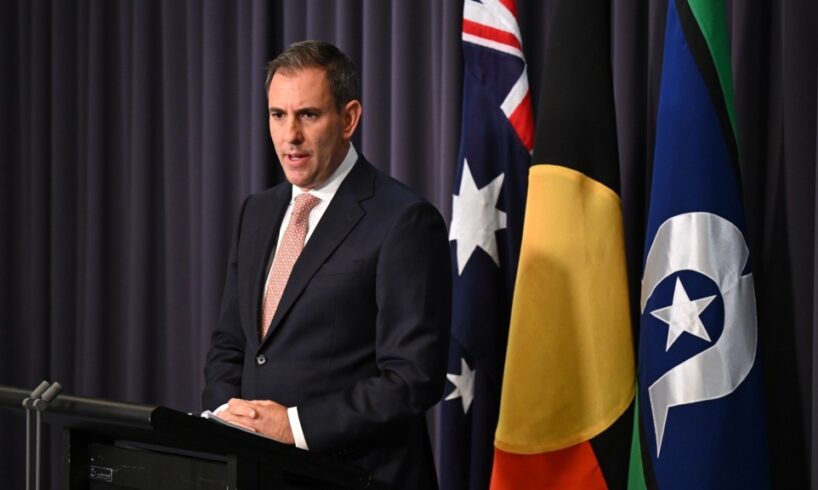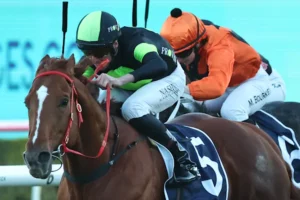
The federal government will not tax the unrealised gains of large superannuation balances, Treasurer Jim Chalmers says, dropping a policy that could have squeezed small business owners holding commercial property in self-managed super funds.
Chalmers provided an update on Labor’s long-planned superannuation reforms on Monday, confirming significant changes to its retirement savings agenda.
Labor’s original plan was to introduce a new 15% tax on the portion of superannuation balances above $3 million, which Chalmers called a “modest” change affecting the 0.5% of Australians with jumbo-sized super balances.
Related Article Block Placeholder
Article ID: 324836
That new tax, bringing the overall earnings tax on super balances worth $3 million and over to 30%, was to include unrealised gains — that is, the increasing value of assets held within a super fund, even if those assets were not actually sold.
Critics in the accounting and self-managed super fund sector feared the policy would slug small business owners holding commercial property or farmland in their fund, forcing them to pay tax on appreciating but illiquid assets.
Smarter business news. Straight to your inbox.
For startup founders, small businesses and leaders. Build sharper instincts and better strategy by learning from Australia’s smartest business minds. Sign up for free.
By continuing, you agree to our Terms & Conditions and Privacy Policy.
Around 13,000 self-managed super funds (SMSFs) worth $3 million or above include commercial property of some kind, according to the SMSF Association, which criticised the plan.
But the government will not move forward with that plan, Chalmers announced this afternoon.
Instead, the new 30% total concessional tax rate will apply to earnings on balances between $3 million and $10 million, and apply only to future realised earnings.
Past $10 million, the total concessional tax rate applied to earnings will be 40%.
Treasury will consult on the best mechanism to calculate and tax those future realised gains.
And both the $3 million and $10 million caps will be indexed, assuaging fears that middle-income earners would be exposed to the extra tax through bracket creep in years to come.
Related Article Block Placeholder
Article ID: 324194
“These are sensible changes which take two years of feedback into account while still maintaining the main objectives of our policy,” Chalmers said in a statement.
“The original model was the best option identified at the time,” he continued.
“But we have taken the decision to adjust the model to recognise the views we have heard since then.”
CPA Australia, which had called the proposed tax on unrealised gains a “fundamental breach” of Australian tax principles, welcomed the Monday announcement.
“This was a particularly egregious element of the government’s initial proposal,” said its superannuation lead Richard Webb.
“Providing certainty and financial stability for this and future generations of retirees is critical.
“Taxing unrealised gains would have distorted our tax system, which needs broader reform.”
The organisation also welcomed plans to index the $3 million and $10 million thresholds.
Plans to drop the tax on illiquid gains were also welcomed in the startup sector, where advocates feared the tax could discourage super funds and well-heeled family offices from investing in early-stage growth companies.
“To make long-term venture capital investments, investors need regulatory certainty,” said Rehan D’Almeida, CEO of FinTech Australia.
“The startup funding environment is going through a challenging period and this measured decision will provide welcome relief to many startups,” he added.
“The earlier proposal risked penalising investors for growth that existed only on paper,” said Carolyn Breeze, CEO of Scalare Partners, who described the new proposal as a “sensible outcome”.
Beyond the changes to the treatment of unrealised gains and the fresh indexation, Chalmers said the government intends to expand the low‑income superannuation tax offset (LISTO).
Currently, those earning up to $37,000 per year can recoup 15% of the concessional super contributions they make, up to a cap of $500.
Labor plans to grow the LISTO by lifting the income threshold to $45,000 and the cap to $810 on July 1, 2027.
The changes are subject to legislation, with Chalmers saying federal Labor hopes to negotiate with the Greens — who originally called for a $2 million threshold, and indexation — to move the bill through the Senate.





